Blog >
Category: Session Documentation
-
 The Columbia Suicide Severity Rating Scale (C-SSRS) is a standardized, evidence-based assessment tool developed to help clinicians identify the severity and immediacy of suicidal ideation and behaviors in clients. Originally developed through a collaboration between Columbia University, the University of Pennsylvania, and the University of Pittsburgh, it has since become one of the most widely […]
The Columbia Suicide Severity Rating Scale (C-SSRS) is a standardized, evidence-based assessment tool developed to help clinicians identify the severity and immediacy of suicidal ideation and behaviors in clients. Originally developed through a collaboration between Columbia University, the University of Pennsylvania, and the University of Pittsburgh, it has since become one of the most widely […] Silvi Saxena, MBA, LSW
Silvi Saxena, MBA, LSW -
 One of the most critical parts of being a therapist is taking and documenting good notes on your clients. The note-taking process in therapy sessions can be a very complicated task. Fortunately, there are several note-taking apps and software available online that will help you to take great notes while at the same time keeping […]
One of the most critical parts of being a therapist is taking and documenting good notes on your clients. The note-taking process in therapy sessions can be a very complicated task. Fortunately, there are several note-taking apps and software available online that will help you to take great notes while at the same time keeping […] Maria Szandrach, CEO of Mentalyc
Maria Szandrach, CEO of Mentalyc -
 You finish the session feeling good about the progress made – then comes the part no one looks forward to. Writing the ABA notes. That’s why more and more ABA professionals are turning to tools that make life easier. An ABA Notes Generator helps turn that blank page into clear, structured, professional notes in minutes. […]
You finish the session feeling good about the progress made – then comes the part no one looks forward to. Writing the ABA notes. That’s why more and more ABA professionals are turning to tools that make life easier. An ABA Notes Generator helps turn that blank page into clear, structured, professional notes in minutes. […] Dr. Salwa Zeineddine
Dr. Salwa Zeineddine -
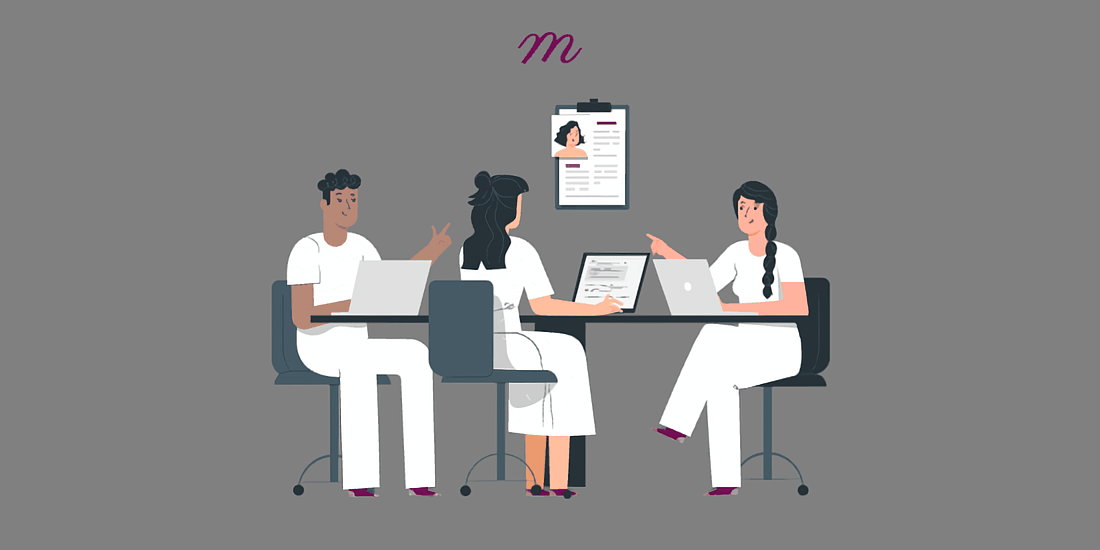 CPT 90785 is an add-on code, which means it must be billed in addition to another primary service—individual or family therapy. This code applies to therapy sessions involving “interactive complexity.” In simpler terms, interactive complexity describes communication challenges or other factors that make a therapy session more difficult than usual. Have you ever had a session where everything […]
CPT 90785 is an add-on code, which means it must be billed in addition to another primary service—individual or family therapy. This code applies to therapy sessions involving “interactive complexity.” In simpler terms, interactive complexity describes communication challenges or other factors that make a therapy session more difficult than usual. Have you ever had a session where everything […] Courtney Gardner, MSW
Courtney Gardner, MSW -
 Documentation is a key component of therapeutic practice and ethical professional practice. Therapists have an obligation to keep comprehensive, up-to-date, and accurate session records with their clients. Poor documentation exposes therapists to the risk of lawsuits such as malpractice action, complaints with licensing boards, and denial of claims. This piece explains the legal ramifications of […]
Documentation is a key component of therapeutic practice and ethical professional practice. Therapists have an obligation to keep comprehensive, up-to-date, and accurate session records with their clients. Poor documentation exposes therapists to the risk of lawsuits such as malpractice action, complaints with licensing boards, and denial of claims. This piece explains the legal ramifications of […] Silvi Saxena, MBA, LSW
Silvi Saxena, MBA, LSW -
 Working through your struggles with the support of people facing similar issues can be a real game-changer. The whole give-and-take of help can really bring out the best in us. After all, humans have been tackling life’s challenges together in squads since the dawn of walking on two legs. Penning progress notes in group therapy, however, is a […]
Working through your struggles with the support of people facing similar issues can be a real game-changer. The whole give-and-take of help can really bring out the best in us. After all, humans have been tackling life’s challenges together in squads since the dawn of walking on two legs. Penning progress notes in group therapy, however, is a […] Dr. Salwa Zeineddine
Dr. Salwa Zeineddine -
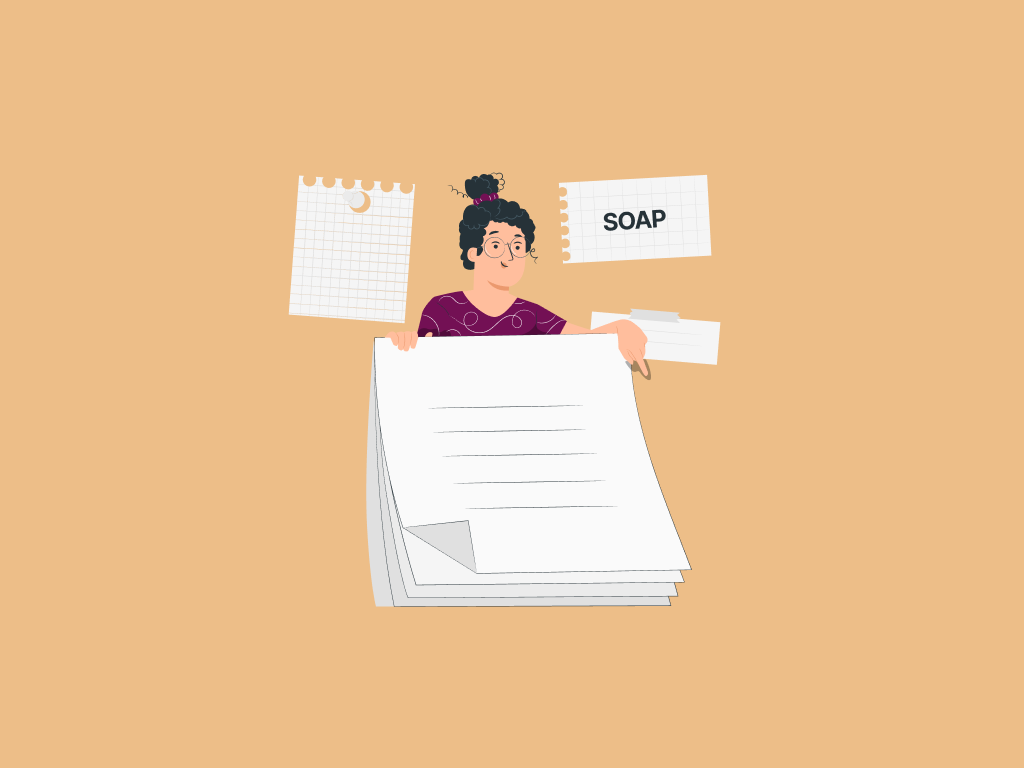 As a mental health professional, do you struggle to keep track of your client’s treatment progress? Do you have difficulty remembering the details of your last session when a client asks about their progress? Look no further than SOAP notes! They are the perfect solution to your documentation woes. SOAP notes provide a quick and […]
As a mental health professional, do you struggle to keep track of your client’s treatment progress? Do you have difficulty remembering the details of your last session when a client asks about their progress? Look no further than SOAP notes! They are the perfect solution to your documentation woes. SOAP notes provide a quick and […] Courtney Gardner, MSW
Courtney Gardner, MSW -
 Clinical supervision models provide various approaches based on our stage of development as therapists, the challenges we encounter, and the feedback that best supports our growth. Clinical supervision isn’t a one-size-fits-all process. In fact, the type of supervision that helps a brand-new therapist build confidence isn’t necessarily what a seasoned clinician needs to refine their […]
Clinical supervision models provide various approaches based on our stage of development as therapists, the challenges we encounter, and the feedback that best supports our growth. Clinical supervision isn’t a one-size-fits-all process. In fact, the type of supervision that helps a brand-new therapist build confidence isn’t necessarily what a seasoned clinician needs to refine their […] Nuria Higuero Flores, Psychologist
Nuria Higuero Flores, Psychologist -
 Therapists play an important role in helping clients manage mental health challenges but their role goes beyond holding sessions with clients. Note-taking is one of their most essential yet time-consuming tasks. Clear and organized notes enable the tracking of clients progress after each session. It also ensures continuity of care. Still, many therapists find documentation […]
Therapists play an important role in helping clients manage mental health challenges but their role goes beyond holding sessions with clients. Note-taking is one of their most essential yet time-consuming tasks. Clear and organized notes enable the tracking of clients progress after each session. It also ensures continuity of care. Still, many therapists find documentation […] Adesuwa Olajire, LCP
Adesuwa Olajire, LCP -
 Psychological trauma in children doesn’t always show up in the ways we would expect. Sometimes, children may have typical responses, like nightmares, panic attacks, or mood swings. Other times, they appear to be just fine, but a noticeable shift follows. They start isolating themselves from their friends; their academic performance declines, and the little things that used to be shrugged off quickly […]
Psychological trauma in children doesn’t always show up in the ways we would expect. Sometimes, children may have typical responses, like nightmares, panic attacks, or mood swings. Other times, they appear to be just fine, but a noticeable shift follows. They start isolating themselves from their friends; their academic performance declines, and the little things that used to be shrugged off quickly […] Courtney Gardner, MSW
Courtney Gardner, MSW -
 For a long time, therapists have taken notes by hand during therapy sessions. However, this traditional method can be overwhelming and time-consuming. To address this, AI clinical note generators were introduced to help therapists save time and improve productivity. These tools assist therapists in writing progress notes and managing their documentation more efficiently. Some therapists […]
For a long time, therapists have taken notes by hand during therapy sessions. However, this traditional method can be overwhelming and time-consuming. To address this, AI clinical note generators were introduced to help therapists save time and improve productivity. These tools assist therapists in writing progress notes and managing their documentation more efficiently. Some therapists […] Adesuwa Olajire, LCP
Adesuwa Olajire, LCP -
 Progress notes are vital aspects of mental health care. They keep track of the therapeutic process and provide a record of the client’s progress. However, therapists can make mistakes during the documentation, which compromises the effectiveness of client treatment. This can subject clinicians to vulnerabilities related to professional liability. These errors include using unclear language […]
Progress notes are vital aspects of mental health care. They keep track of the therapeutic process and provide a record of the client’s progress. However, therapists can make mistakes during the documentation, which compromises the effectiveness of client treatment. This can subject clinicians to vulnerabilities related to professional liability. These errors include using unclear language […] Adesuwa Olajire, LCP
Adesuwa Olajire, LCP -
 As psychologists and therapists, we’re in the business of helping others manage their mental health, relationships, and life challenges. Yet one of the most common struggles I encounter among my clients—and frankly, among colleagues as well—is the seemingly simple yet profoundly challenging task of managing time effectively. In my practice, I’ve found that time management […]
As psychologists and therapists, we’re in the business of helping others manage their mental health, relationships, and life challenges. Yet one of the most common struggles I encounter among my clients—and frankly, among colleagues as well—is the seemingly simple yet profoundly challenging task of managing time effectively. In my practice, I’ve found that time management […] Nuria Higuero Flores, Psychologist
Nuria Higuero Flores, Psychologist -
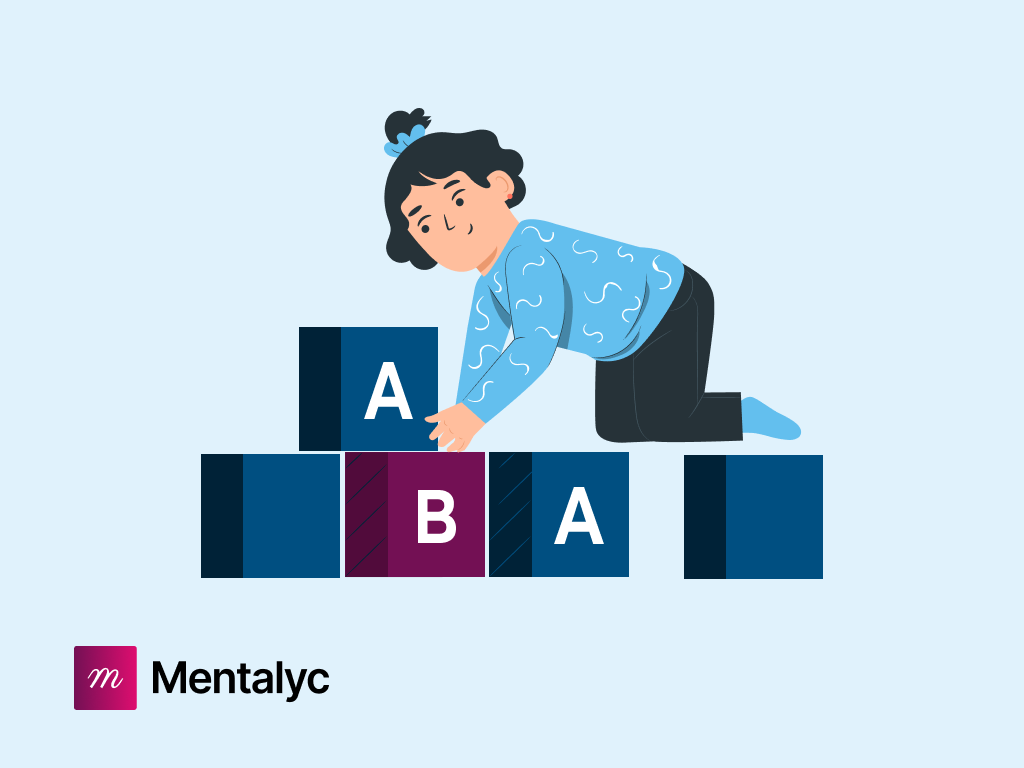 Ever catch yourself thinking, “Am I doing ABA notes the right way?” Whether you’re a Registered Behavior Technician (RBT) or another kind of therapist, you’ve probably been writing notes since your very first client. Yet most of us never received clear guidance on how to make ABA notes both efficient and meaningful for the client’s […]
Ever catch yourself thinking, “Am I doing ABA notes the right way?” Whether you’re a Registered Behavior Technician (RBT) or another kind of therapist, you’ve probably been writing notes since your very first client. Yet most of us never received clear guidance on how to make ABA notes both efficient and meaningful for the client’s […] Dr. Salwa Zeineddine
Dr. Salwa Zeineddine -
 In Case You Are Wondering About “What Are Progress Notes in Mental Health and How to Write Them?”, This Blog Is for You! When interviewing new clients, most therapists insist on delving deep into the famous question: “What were the effects and upshots of previous counseling, if any?” This is one of the smartest ways […]
In Case You Are Wondering About “What Are Progress Notes in Mental Health and How to Write Them?”, This Blog Is for You! When interviewing new clients, most therapists insist on delving deep into the famous question: “What were the effects and upshots of previous counseling, if any?” This is one of the smartest ways […] Dr. Salwa Zeineddine
Dr. Salwa Zeineddine -
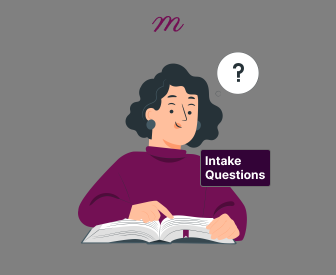 When we meet with a client for the first time, we are not just checking boxes on an evaluation sheet; we are witnessing someone’s courage in seeking treatment and sharing their story. Every question we ask serves two purposes: gathering vital clinical information while also creating connection and demonstrating genuine empathy. Through careful investigation and […]
When we meet with a client for the first time, we are not just checking boxes on an evaluation sheet; we are witnessing someone’s courage in seeking treatment and sharing their story. Every question we ask serves two purposes: gathering vital clinical information while also creating connection and demonstrating genuine empathy. Through careful investigation and […] Ehab Youssef, Psychologist
Ehab Youssef, Psychologist -
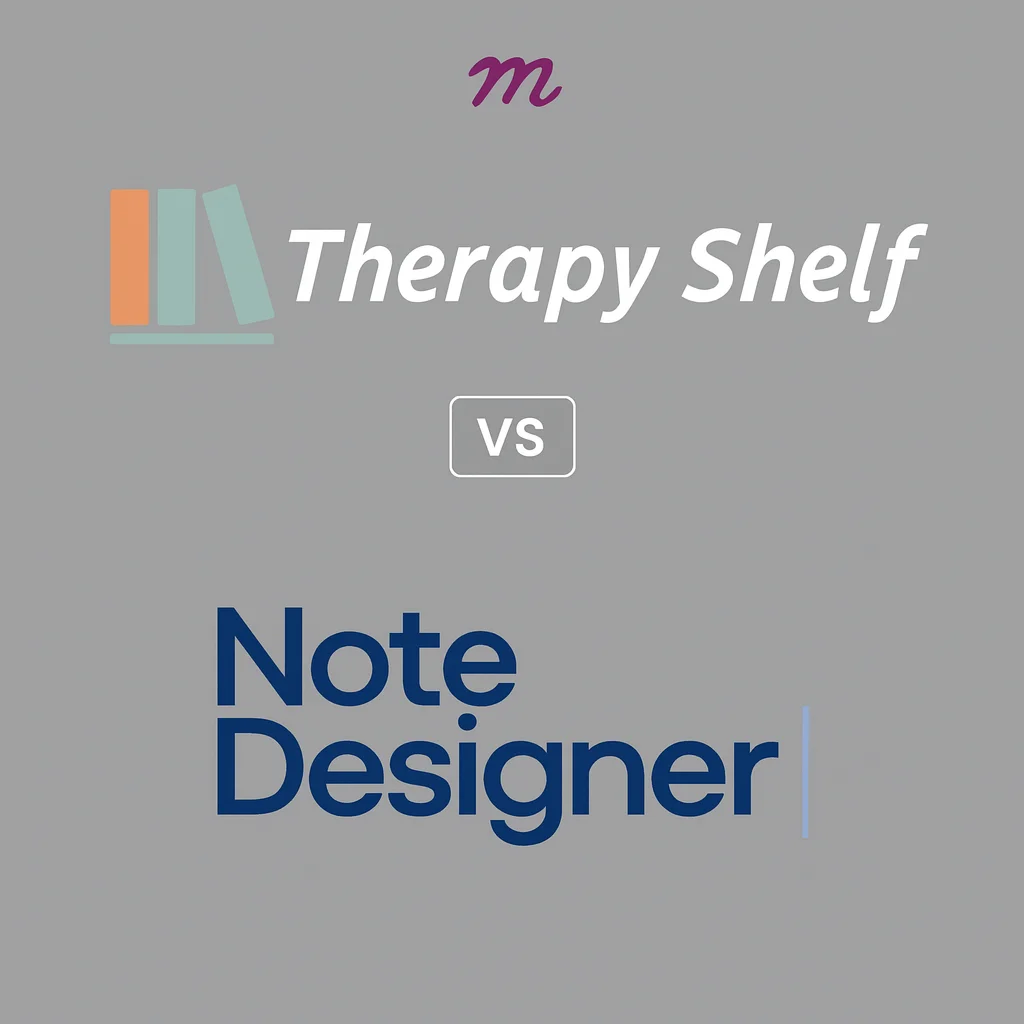 Therapy Shelf and Note Designer are note-writing software platforms used by mental health professionals. They both offer reliable organizing features that provide efficient documentation for therapists. The two software tools help therapists to easily write accurate progress notes seamlessly. Therapy Shelf and Note Designer enables therapists efficiently manage their workflow and provide better services to […]
Therapy Shelf and Note Designer are note-writing software platforms used by mental health professionals. They both offer reliable organizing features that provide efficient documentation for therapists. The two software tools help therapists to easily write accurate progress notes seamlessly. Therapy Shelf and Note Designer enables therapists efficiently manage their workflow and provide better services to […] Adesuwa Olajire, LCP
Adesuwa Olajire, LCP -
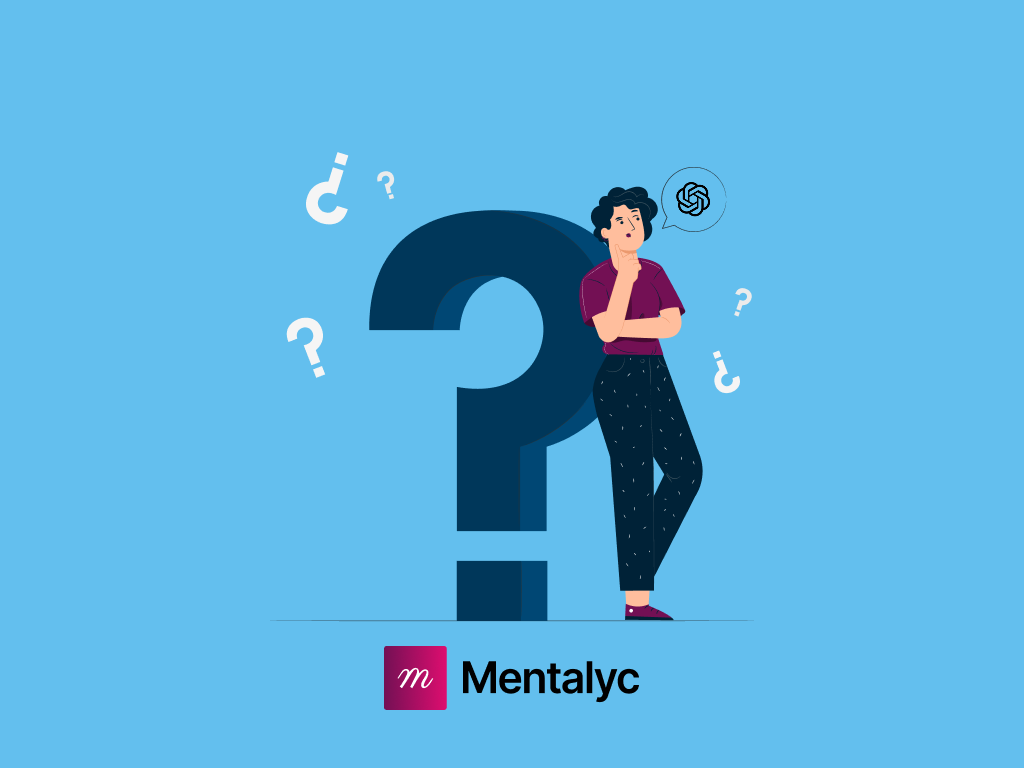 The use of AI in therapy is an emerging field, and one application that has been discussed among therapists is the use of ChatGPT for therapy notes. While the idea of using AI to assist with the tedious task of writing therapy notes is appealing, there are also concerns about the ethics and legality of […]
The use of AI in therapy is an emerging field, and one application that has been discussed among therapists is the use of ChatGPT for therapy notes. While the idea of using AI to assist with the tedious task of writing therapy notes is appealing, there are also concerns about the ethics and legality of […] Ehab Youssef, Psychologist
Ehab Youssef, Psychologist -
 That therapy intake session is where everything begins—part art, part science, and completely essential to get right. In those initial 45-50 minutes, we’re not just gathering information; we’re setting the foundation for the entire therapeutic relationship. The questions we ask (and how we ask them) determine whether clients will share what’s truly going on or […]
That therapy intake session is where everything begins—part art, part science, and completely essential to get right. In those initial 45-50 minutes, we’re not just gathering information; we’re setting the foundation for the entire therapeutic relationship. The questions we ask (and how we ask them) determine whether clients will share what’s truly going on or […] Nuria Higuero Flores, Psychologist
Nuria Higuero Flores, Psychologist -
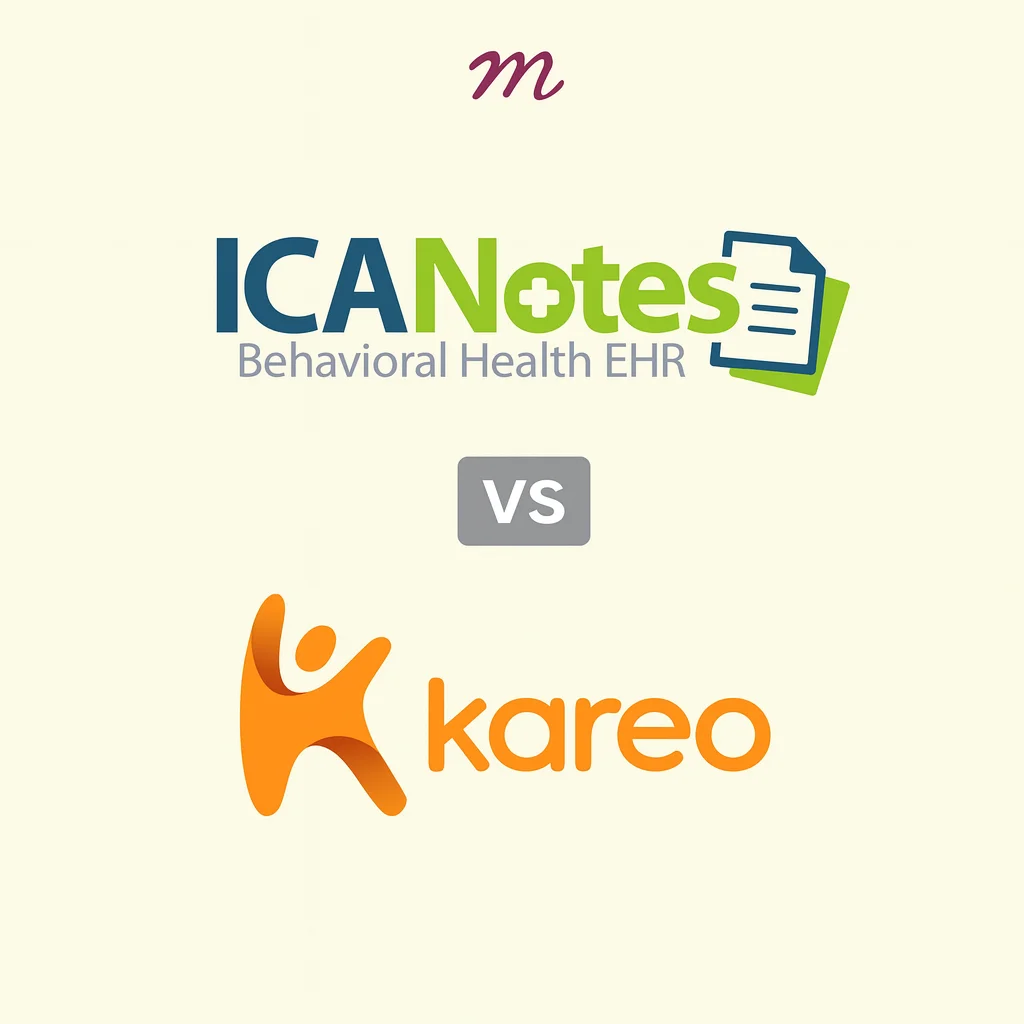 ICANotes and Kareo Clinical are web-based electronic health records (EHR) software designed for therapists. They are helpful for therapists by simplifying documentation processes and reducing administrative tasks. Knowing the best EHR software to use in your practice will enable therapists deliver quality and excellent client care. Selecting the right EHR software as a therapist is […]
ICANotes and Kareo Clinical are web-based electronic health records (EHR) software designed for therapists. They are helpful for therapists by simplifying documentation processes and reducing administrative tasks. Knowing the best EHR software to use in your practice will enable therapists deliver quality and excellent client care. Selecting the right EHR software as a therapist is […] Adesuwa Olajire, LCP
Adesuwa Olajire, LCP -
 When it comes to billing, couples therapy can be more challenging than individual therapy sessions. Unlike individual therapy, insurance companies hardly cover couples therapy unless it is considered “medically necessary”. As a result, therapists often face difficulties with insurance policies. This includes using the right CPT codes, and understanding the necessary billing requirements. This article […]
When it comes to billing, couples therapy can be more challenging than individual therapy sessions. Unlike individual therapy, insurance companies hardly cover couples therapy unless it is considered “medically necessary”. As a result, therapists often face difficulties with insurance policies. This includes using the right CPT codes, and understanding the necessary billing requirements. This article […] Adesuwa Olajire, LCP
Adesuwa Olajire, LCP -
 Clinical supervision represents a crucial element of professional development in mental health fields. It is far more than a mere administrative requirement – it is a dynamic, collaborative process that intertwines professional skill enhancement, emotional support, and ethical accountability. Clinical Supervision – Supervisory Relationships Supervisory relationships are a complex blend of professional, education and therapeutic […]
Clinical supervision represents a crucial element of professional development in mental health fields. It is far more than a mere administrative requirement – it is a dynamic, collaborative process that intertwines professional skill enhancement, emotional support, and ethical accountability. Clinical Supervision – Supervisory Relationships Supervisory relationships are a complex blend of professional, education and therapeutic […] Nuria Higuero Flores, Psychologist
Nuria Higuero Flores, Psychologist -
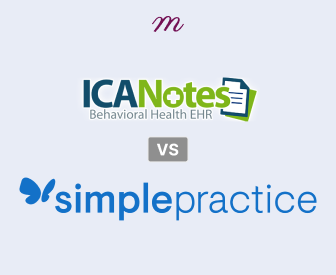 Electronic Health Records and Practice Management Softwares has become vital tools for behavioral health practice. These tools help therapists manage documentation and streamline administrative tasks. Despite the numerous EHRs in the market, ICANotes and SimplePractice stand out for their efficiency. They both have an array of features that simplify your tasks as a therapist. In […]
Electronic Health Records and Practice Management Softwares has become vital tools for behavioral health practice. These tools help therapists manage documentation and streamline administrative tasks. Despite the numerous EHRs in the market, ICANotes and SimplePractice stand out for their efficiency. They both have an array of features that simplify your tasks as a therapist. In […] Adesuwa Olajire, LCP
Adesuwa Olajire, LCP -
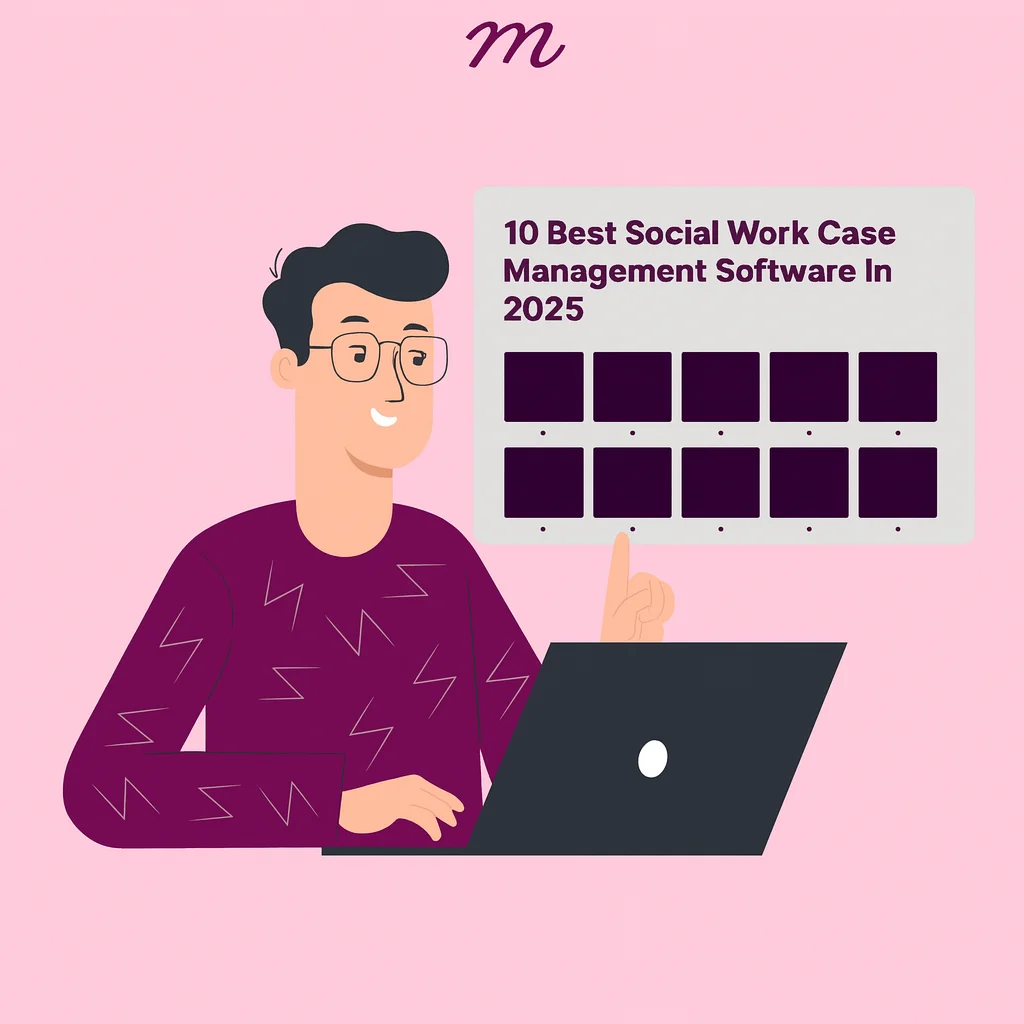 Social workers aim to improve the well-being of people dealing with mental health and social challenges. These people come from different cultural backgrounds. To embrace this diversity, it becomes vital to automate their social services for enhanced client care. The tasks handled by social workers have been made simpler by social work case management software. […]
Social workers aim to improve the well-being of people dealing with mental health and social challenges. These people come from different cultural backgrounds. To embrace this diversity, it becomes vital to automate their social services for enhanced client care. The tasks handled by social workers have been made simpler by social work case management software. […] Adesuwa Olajire, LCP
Adesuwa Olajire, LCP